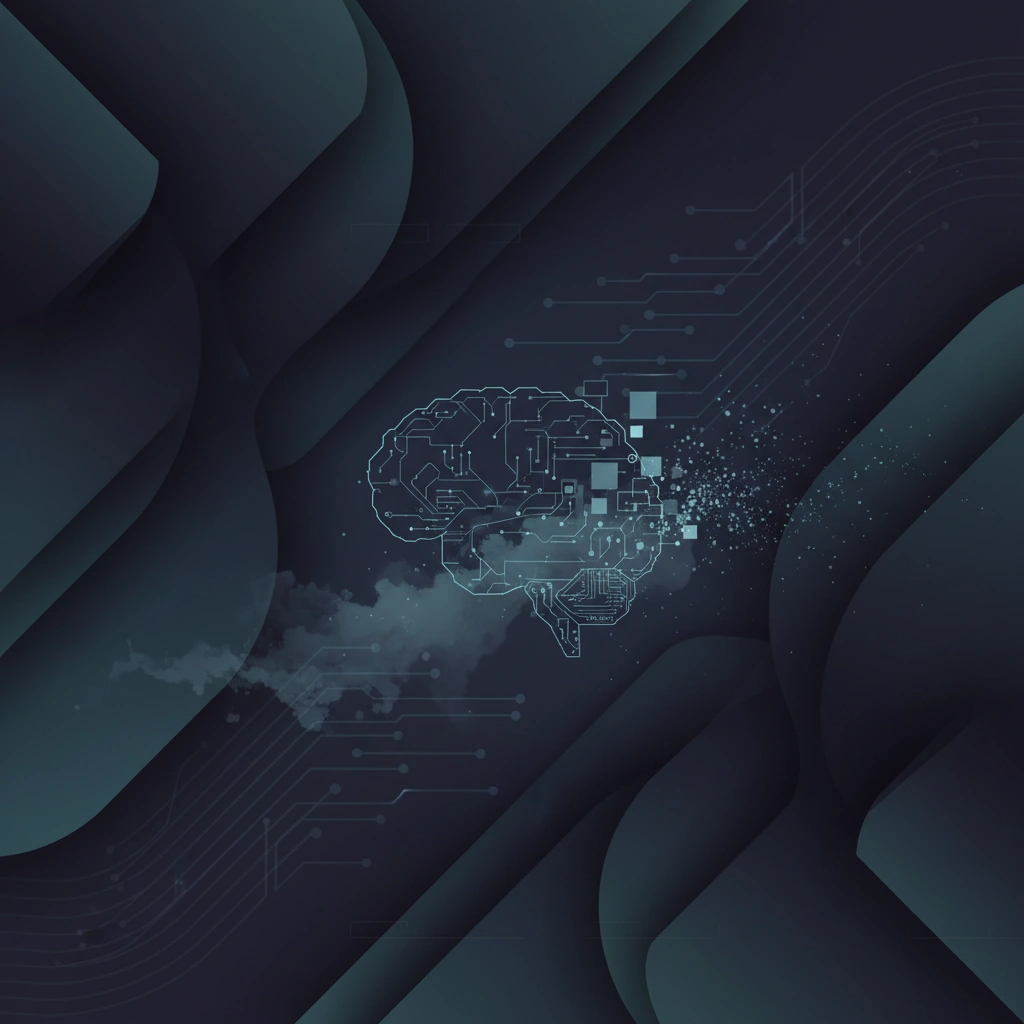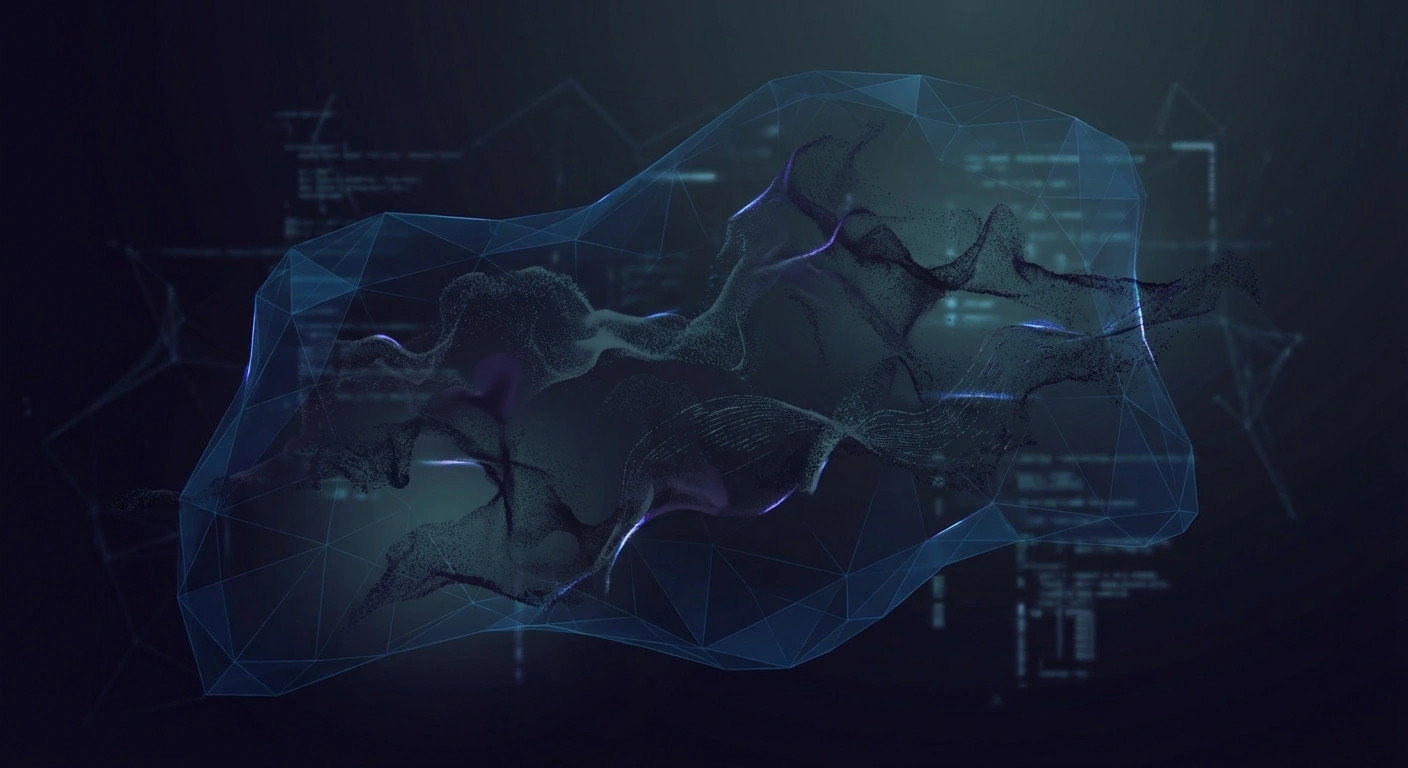New Research Maps Reliability Challenges in Agentic AI
ArXiv paper examines critical reliability issues facing autonomous AI agents, from unpredictable behavior to safety concerns. Researchers outline technical challenges and propose frameworks for building more dependable agentic systems.

As AI systems evolve from simple query-response models to autonomous agents capable of taking independent actions, ensuring their reliability has become a critical technical challenge. A new research paper examines the landscape of reliability concerns facing agentic AI and proposes directions for addressing them.
The research, available on ArXiv, focuses on what the authors term "agentic AI" - systems that can perceive their environment, make decisions, and take actions autonomously. Unlike traditional AI models that respond to direct prompts, these agents operate with varying degrees of independence, making their reliability and safety paramount concerns.
Defining the Reliability Problem
The paper identifies several core challenges that distinguish agentic AI reliability from traditional machine learning concerns. First, autonomous agents operate in open-ended environments where they encounter scenarios not present in training data. This creates unpredictability in agent behavior that standard testing methodologies struggle to capture.
Second, agentic systems often involve multi-step reasoning and planning, where errors can compound across decision chains. A single incorrect action early in a sequence may lead to cascading failures that are difficult to trace back to root causes. This makes debugging and improving agent systems significantly more complex than traditional AI applications.
Technical Challenges in Agent Architectures
The research outlines specific architectural challenges facing developers of agentic systems. Memory management emerges as a critical concern - agents must maintain context across extended interactions while avoiding memory pollution from irrelevant or incorrect information. The trade-off between comprehensive memory and efficient operation remains an active area of research.
Tool use presents another reliability challenge. Modern agentic systems often integrate with external APIs, databases, and software tools. Each integration point introduces potential failure modes, from API rate limits to unexpected data formats. The paper emphasizes the need for robust error handling and graceful degradation when tools fail or return unexpected results.
Evaluation and Benchmarking Gaps
A significant portion of the research addresses the inadequacy of current evaluation methods for agentic AI. Traditional benchmarks focus on task completion rates, but reliability requires measuring consistency, safety, and behavior under edge cases. The authors argue for new evaluation frameworks that assess:
- Behavioral consistency across similar scenarios
- Adherence to safety constraints and ethical guidelines
- Graceful handling of uncertain or ambiguous situations
- Transparency in decision-making processes
These evaluation dimensions require fundamentally different testing methodologies than those used for classification or generation tasks.
Opportunities for Improvement
Despite the challenges, the research highlights promising directions for enhancing agentic AI reliability. Formal verification techniques, borrowed from traditional software engineering, could provide mathematical guarantees about agent behavior within defined boundaries. While complete verification of neural network-based agents remains intractable, bounded verification for critical decision points shows potential.
The paper also explores hybrid architectures that combine learned components with rule-based systems. By reserving certain critical decisions for deterministic rule engines, developers can establish reliability guardrails while maintaining the flexibility of learned models for complex reasoning tasks.
Implications for Synthetic Media and Authentication
The reliability challenges discussed in this research have direct implications for AI-generated media and content authentication systems. As agentic AI systems become capable of autonomously creating and manipulating media, ensuring their reliability becomes crucial for maintaining digital authenticity.
Unreliable agents could generate inconsistent metadata, create content that violates safety guidelines, or fail to properly authenticate their outputs. The frameworks proposed in this research for agent reliability could extend to synthetic media systems, ensuring they operate predictably and transparently.
Moving Forward
The research concludes by calling for interdisciplinary collaboration between machine learning researchers, software engineers, and domain experts. Building reliable agentic AI requires integrating insights from formal methods, human-computer interaction, and system design alongside advances in neural architectures and training methods.
As autonomous AI systems become more prevalent in production environments, the reliability challenges outlined in this paper will only grow in importance. The technical community must develop robust frameworks for testing, monitoring, and improving agent behavior before widespread deployment of high-stakes agentic systems.
Stay informed on AI video and digital authenticity. Follow Skrew AI News.



